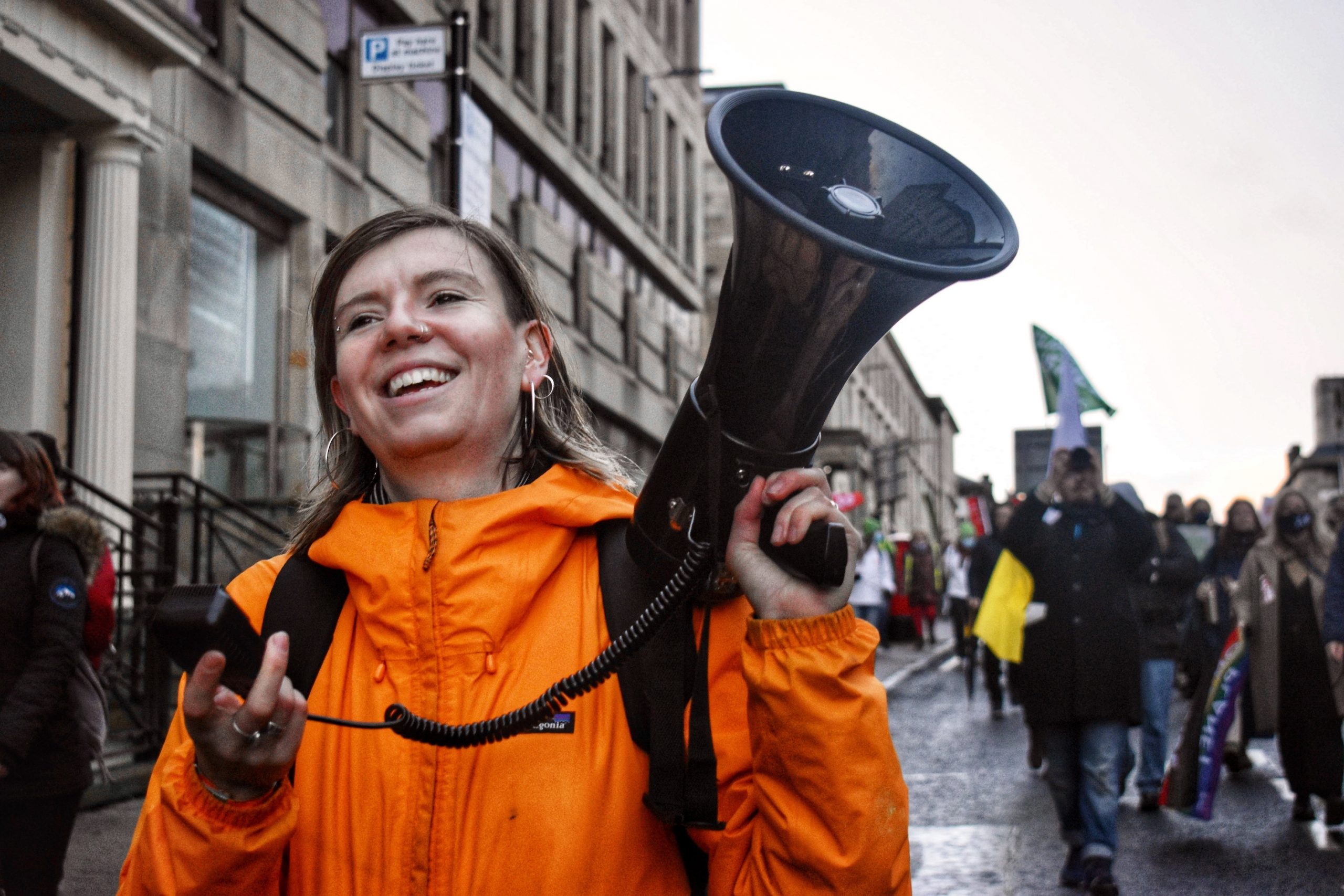
Cancun leaves fair climate deal on 'life-support'
As UN climate negotiations ended in Cancun, reactions have varied – even within the Friends of the Earth International network. But no one disputes that bare fact that there was no practical progress towards a fair agreement. The package also contains very few silver linings to a political compromise that sidelines climate science and climate justice.
The best that can be said for the compromise is that it keep the multilateral process alive, and leaves open a chance for a meaningful agreement next year in Durban.
The chances of firm and fair targets for the next decade remain reliant on the survival of the Kyoto Protocol. Despite some positive proposals put forward in Cancun, the Protocol remains on life support, with rich and powerful nations doing their worst to pull the plug.
The example set by Scotland of a tough but realistic 2020 target, with a limited role for carbon trading, was not heeded by other rich nations.
Similarly Bolivia’s strong advocacy of the conclusions of the Cochabamba peoples’ declaration on climate justice was largely ignored, as indeed were Bolivia’s objections to some of the final decisions.
The summit
produced a package of actions, and some drafts to take forward to next year’s summit in Durban.
Analysts on the ground in Cancun highlighted that the new texts raise a very real risk that the Kyoto Protocol, with its binding, science and justice led approach, will be replaced by the bottom up ‘pledge and review’ approach proposed by the USA in Copenhagen last year. That’s because the proposals from the Long-term Cooperative Action (LCA) working group have now incorporated soft targets for the rich nations, providing an alternative to the Protocol track.
Whether China and other influential nations not bound by the Protocol will accept such a shift remains unclear, though it is clear that China is ever more geared up to dominate economically in a low-carbon world, so may not resist in the future.
So, given that Cancun has not delivered a fair and scientifically based climate agreement, were there any benefits? In fact it made some tottering baby steps forward on finance and in some other areas, but took big steps backwards in other areas, as outlined below:
Pro: It agreed to mobilise a significant level of finance, with only a limited role for the World Bank (although even that limited role is inappropriate).
Con: The finance will mainly come from carbon trading and similar measures, rather than being a genuine increase in support for clean development, or any repayment of the climate debt.
Pro: There is a broad provision that climate measures should respect human rights.
Con: The provisions on forest protection lack reasonable safeguards for indigenous peoples and biodiversity; risking them being used to convert primary forest into plantations, with increased net emissions.
Pro: The provisions on land-use should provide confidence for countries like Scotland to increase action to restore peatlands for carbon and biodiversity purposes.
Con: The agreement foresee a growing role for carbon markets, while evidence suggests so far they have done more to delay emissions reduction, rather than encourage it.
Pro: The package acknowledges
that the current collective promises of action will not be adequate to deliver climate safety.
Con: The package does not provide any firm mechanism to increase targets for action.
No doubt the rich and powerful nations will be spinning the package as a great breakthrough for the climate – and the climate deniers will pretend it is a disaster for them. But in reality Cancun has not even delivered on the carefully managed and limited expectations that were set for it.
Even so, there are things to take positively in the outcomes of Cancun, not least that the multilateral process continues to function – albeit not fully and inclusively.
But the silver linings are few and small, and in no way outweigh the basic fact that the political compromise of Cancun has sidelined climate science and climate justice.
